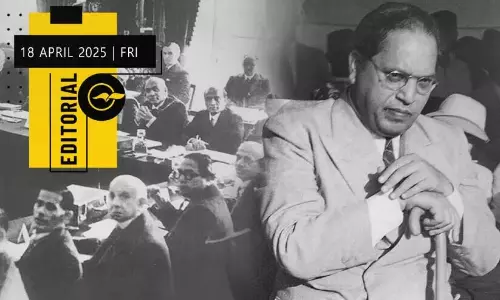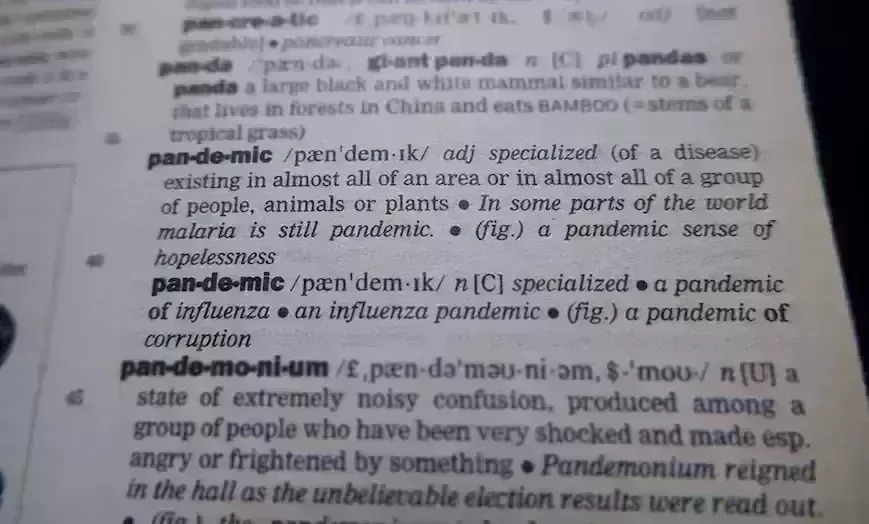
Oxford identifies 16 words to define 2020
text_fieldsUnable to define 2020 in a single word, Oxford released a list of 16 words it believes to be definitive "of an unprecedented year". The words include bushfire, impeachment, acquittal, coronavirus, Covid-19, lockdown, social distancing, reopening, black lives matter, cancel culture, BIPOC, mail-in, Belarusian, moonshot, superspreader and net-zero. Lexicographers picked these words from a corpus of over 11 billion words.
"The English language, like all of us, has had to adapt rapidly and repeatedly this year. Given the phenomenal breadth of language change and development during 2020, Oxford Languages concluded that this is a year which cannot be neatly accommodated in one single word," said the report.
Most innovation in the English language this year happened as a result of the COVID-19 pandemic. Coronavirus, a word since the 1960s but limited to medical circles, was the most used word in March which then gave way to COVID-19. Epidemic gave way to a pandemic and new –demics such as infodemic, plandemic and twindemic were coined. Terminologies related to means of controlling the pandemic such as social distancing, lockdown, quarantine, sanitization, mask etc. has also seen a remarkable increase in popularity. Likewise, there is a surge in words which question the efficacy of such practices such as hygiene theatre, anti-masker, anti-vaxxer, mask shaming, etc.
The shift to working from home enabled by accelerated development of connectivity and communication technology in view of COVID-19 is another definitive feature of this year. The report notes that words related to the same such as unmute, remote working, zoombombing etc have seen a surge along the year.
While the US presidential story increased popularity of the words impeachment and acquittal, rising environmental concern in the public discourse is evident from the increased use of words like net-zero and bushfire.
A few words from the list takes root in the Black Lives Matter movement that occurred this year despite the global pandemic following the murder of George Floyd, Breonna Taylor and other black Americans. Systematic racism has made into the public vocabulary 1623% times more than in 2019. Another word which grew during the movement is BIPOC, an abbreviation of black, indigenous, and other people of colour. Likewise, defund, allyship, and decolonizing has been increasing in use.
Every year, Oxford identifies a "Word of the year" to reflect the preoccupations and mood of that particular year. In 2019, it chose climate emergency, toxic for 2018, youthquake for 2017 and post-truth for the year 2016.























